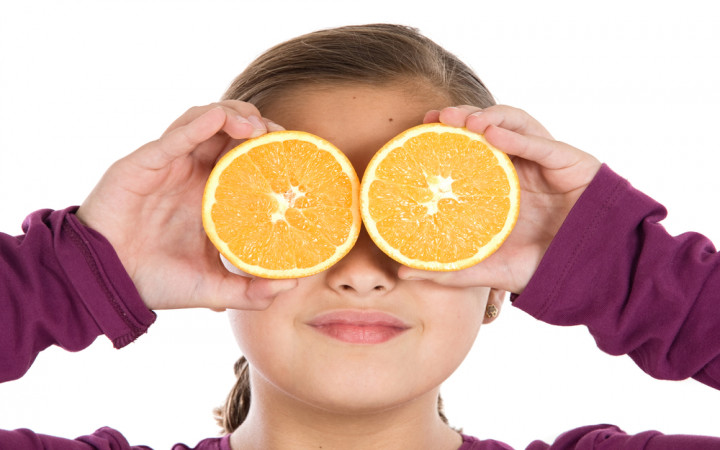Today’s Wonder of the Day was inspired by Aliah. Aliah Wonders, “What rhymes with orange” Thanks for WONDERing with us, Aliah!
From nursery rhymes to the latest hip-hop songs, children's lives are filled with rhyme everywhere they look…or read…or listen. Always delightful and sometimes insightful, rhymes make everything from poetry to song lyrics just a little bit more fun.
Rhyme refers to the repetition of similar sounds in two or more words. For example, bat, cat, hat, and rat rhyme. Rhyme can also refer to a short rhyming poem, such as a nursery rhyme.
Rhyme has been around a long, long time. The Shi Jing, a Chinese poetry book, contains the oldest evidence of rhyming. It dates back to the 10th century B.C.
Some scholars believe Irish literature introduced rhyme to medieval Europe in the 7th century. The oldest English rhyming poem is believed to be The Rhyming Poem. Written in Old English (quite different than today's English!), this 87-line poem from the 10th century consists of rhyming couplets (pairs of rhyming lines).
As most authors and poets know, rhyme creates repeating patterns that are pleasing to the ear. Repeating patterns also often serve as mnemonic devices, helping listeners remember rhyming passages better than non-rhyming ones.
Regular use of rhyme also helps authors and poets to structure their works. Readers often find them easier to read because the rhyming patterns clearly mark the ends of lines.
Plus, let's be honest: Rhyme is just plain fun. Take a look at the two examples below. Which do you prefer?
Example One:
Roses are red. Violets are blue. My name is Jed. My favorite flower is you.
Example Two:
Roses are red. Violets are purple. Jed is my name. You're the apple of my eye.
We're guessing you probably liked Example One (with rhyme) better than Example Two (without rhyme). Are we right?
Unfortunately, all of the billions of people who have shaped language over the course of history didn't always keep rhyme in mind. For example, in English, there are many words that don't rhyme with anything.
The four most common nonrhyming words are orange, silver, purple, and month. Although orange does technically rhyme with sporange (a rare shortened version of sporangium), it isn't a term you'll likely use in everyday conversation -- unless maybe you're a botanist!
There are many other words that don't rhyme. Can you think of any? If you're an author or a poet, what should you do if you want to use one of these words?
Some authors may try to be clever by rhyming a word like orange with a combination of words, such as door hinge. We all know that's technically cheating, though.
More often, authors will simply find a synonym (a word with the same or similar meaning) to use instead of the non-rhyming word. For example, orange might be replaced with amber or citrus, depending on the meaning the author wants to express.
Another option is simply to place the nonrhyming word in a different position. Instead of at the end, where it might need to rhyme, an author might place the word at the beginning or in the middle of the sentence.
So, instead of “the orange attracted the bee," a poet might say, “the orange on the tree attracted the bee."




